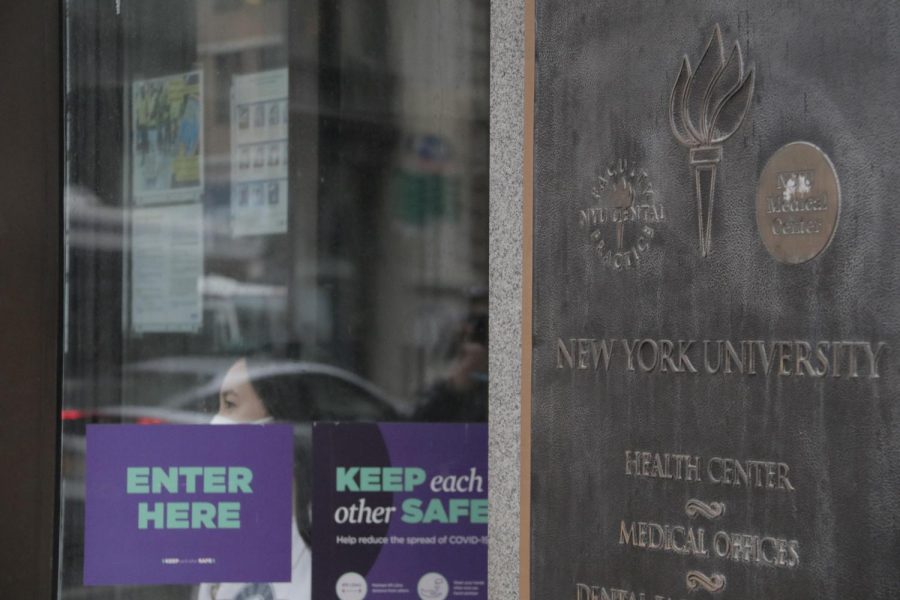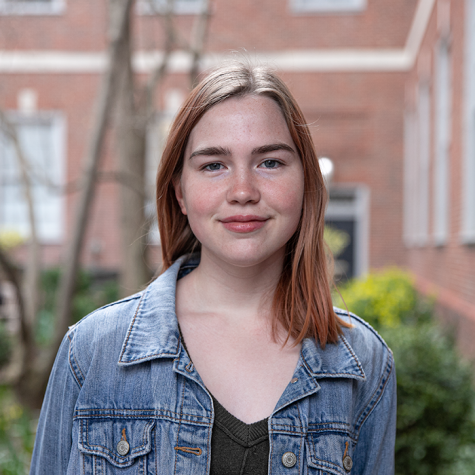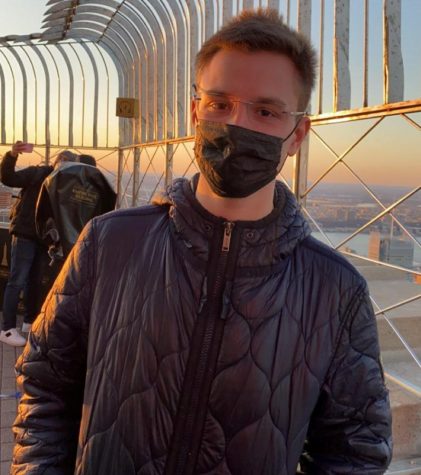The Student Health Center has removed the 10-session limit on counseling sessions this semester, instead allowing students to make appointments based on their clinical need. The initiative was brought to the SHC by the Student Government Assembly’s Health and Wellness Committee.
“Beginning in Spring 2021, in consultation with students, we agreed that the frequency and exact number of counseling sessions a student has will be based solely on their clinical needs and will be decided by the student and their counselor,” the SHC wrote in an email statement to WSN. “Sometimes it will make clinical sense to work with a student for longer than 10 sessions and sometimes we will refer a student to longer term providers before 10 sessions are completed.”
The SHC told WSN that there has never been a firm 10-session limit on the number of therapy sessions a student could attend, even prior to this semester. According to SGA Health and Wellness Committee Chair Gavin Arneson and Executive Director of Wellness Services Dr. Zoe Ragouzeos, certain students might have been able to attend more than 10 sessions in the past. However, 10 sessions was still publicly advertised as the limit.
According to Arneson, the advertised limit disincentivized students from using the counseling services available to them.
“One of the things we heard with regard to the 10-session limit from members of our committee and also our constituents was that people didn’t really want to get therapy because they thought, ‘I’m a problem to be solved in 10 sessions or less,’” Arneson said. “It’s kind of scary. It’s kind of like the bottom line is money, it’s not my well-being.”
Arneson said the SGA Health and Wellness Committee has been working with Dr. Ragouzeos to bring this initiative and others like it to students to improve mental health resources at NYU in lieu of a traditional spring break. In addition to their group therapy and urgent same-day counseling option, the SHC is now offering single-session counseling for students who need to work out one specific issue.
The initiative to remove the 10-session cap was part of a package of amendments the Health and Wellness committee discussed with Dr. Ragouzeos in the fall. They also discussed capacity issues and reducing wait times to meet with a counselor for the first time.
“No student anymore should be waiting more than 10 business days — two weeks — for their first appointment and every day leading up to that,” Arneson said. “If they feel like they really need it, they should be able to speak with a counselor for like a 15-minute session every day.”
Beyond changes made to the Counseling and Wellness Services’ website, the removal of the 10-session limit and other adjustments have not been widely publicized.
“That’s an unfortunate aspect of this is that I don’t think it has been advertised,” said Arneson.
Members of the SGA Health and Wellness Committee are trying to spread the word with newsletters from student senators and flyers in residence halls.
Gallatin junior Azeki Ali recently completed the 10 sessions NYU gave him and is in the process of searching for an outside therapist.
“I was actually never told of that,” Ali said, when asked if he tried to get more counseling sessions through NYU. “I wasn’t given that option.”
A junior at the Rory Meyers College of Nursing — who preferred to stay anonymous because of privacy and scholarship concerns — said she is currently working with her second NYU counselor. She stopped seeing her original NYU-prescribed therapist when COVID-19 broke out and began again with a new counselor this January.
“I think I’m missing that sort of professionalism,” she said. “When I’m talking to her it seems more like my aunt is giving me advice than a trained psychotherapist is giving me advice.”
Both Ali and the Rory Meyers junior requested counselors with whom they shared common identities. Despite their generally positive experiences, both said NYU Wellness lacks much-needed diversity.
“[They] definitely need more Black therapists,” Ali said. “I don’t know about the other areas of diversity. I do know that they could use more Black therapists.”
“I think they need to diversify their group of therapists and increase the number of them,” the Rory Meyers junior said. “I’m pretty sure there’s one counselor who specializes in LGBTQ+ issues. Any LGBTQ+ student who wants that therapist that identifies with their identities, it’s the same one person.”
She added that she hopes NYU will pour more of its resources into improving the capacity of NYU Wellness services, especially for low-income students.
“We’re paying so much for tuition and just to be in New York,” she said. “I do think they should work on making their program bigger and better for the student body.”
A version of this article appeared in the Monday, March 29, 2021 E-print edition. Email Kayla Hardersen at [email protected].

























































































































































